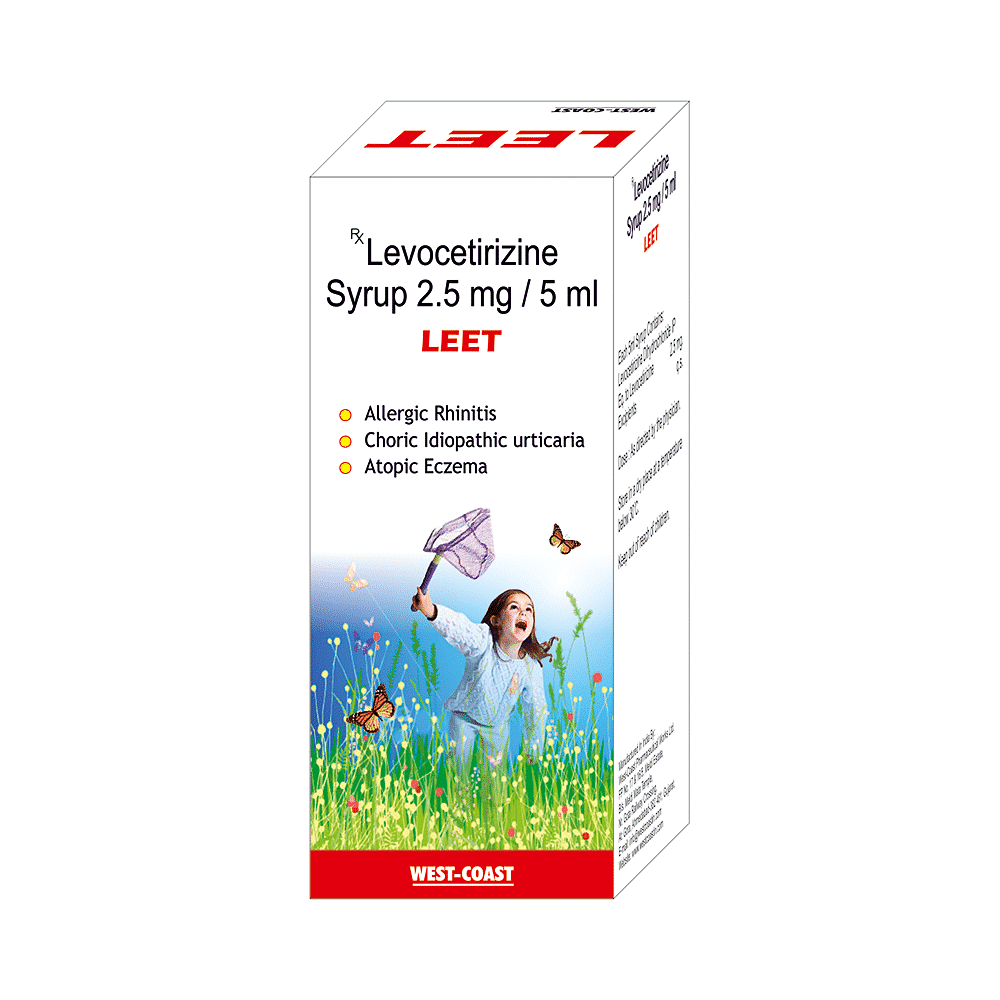
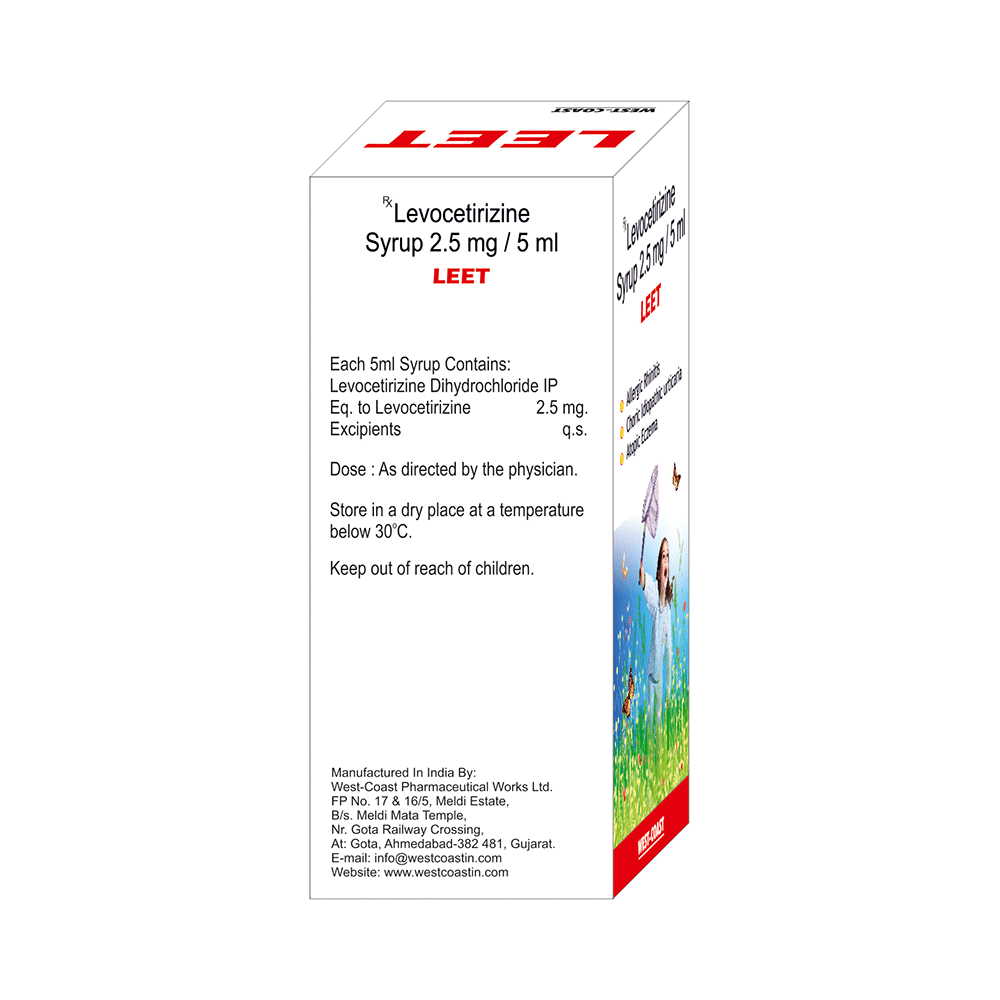
Leet Syrup
Manufacturer
West-Coast Pharmaceutical Works Ltd
Salt Composition
Levocetirizine (2.5mg/5ml)
Key Information
Short Description
Leet Syrup is an antihistamine used to treat various allergic conditions such as hay fever, conjunctivitis, and skin reactions.
Dosage Form
Syrup
Introduction
Leet Syrup belongs to a group of medicines called antihistamines. It is used to treat various allergic conditions such as hay fever, conjunctivitis and some skin reactions such as eczema, hives, and reactions to bites and stings. It relieves watery eyes, runny nose, sneezing, and itching.
Directions for Use
Try giving the medicines at the same time each day to help you remember. Your child may feel sleepy or dizzy after each dose of Leet Syrup. If this happens, make your child sit or lie down and ask them to be careful while performing tasks that require mental focus.
How it works
Leet Syrup belongs to a class of medicines called antihistamines. It blocks the natural chemical substance (histamine) produced in the body during an allergic state. It also subsides (lowers) your child’s immune system’s response to these conditions thereby reducing the symptoms.
Quick Tips
Try giving the medicines at the same time each day to help you remember. Avoid giving Leet Syrup with fatty meals and fruit juice as both can reduce the absorption of the medicine. Dry mouth can occur as a side effect of taking Leet Syrup. Taking sips of water may help. Leet Syrup can trigger constipation in your child. Give plenty of fluids and a fiber-rich diet to your child. Leet Syrup should be avoided in children who are less than 4 years of age as there is a risk of respiratory distress.
Related Medicines
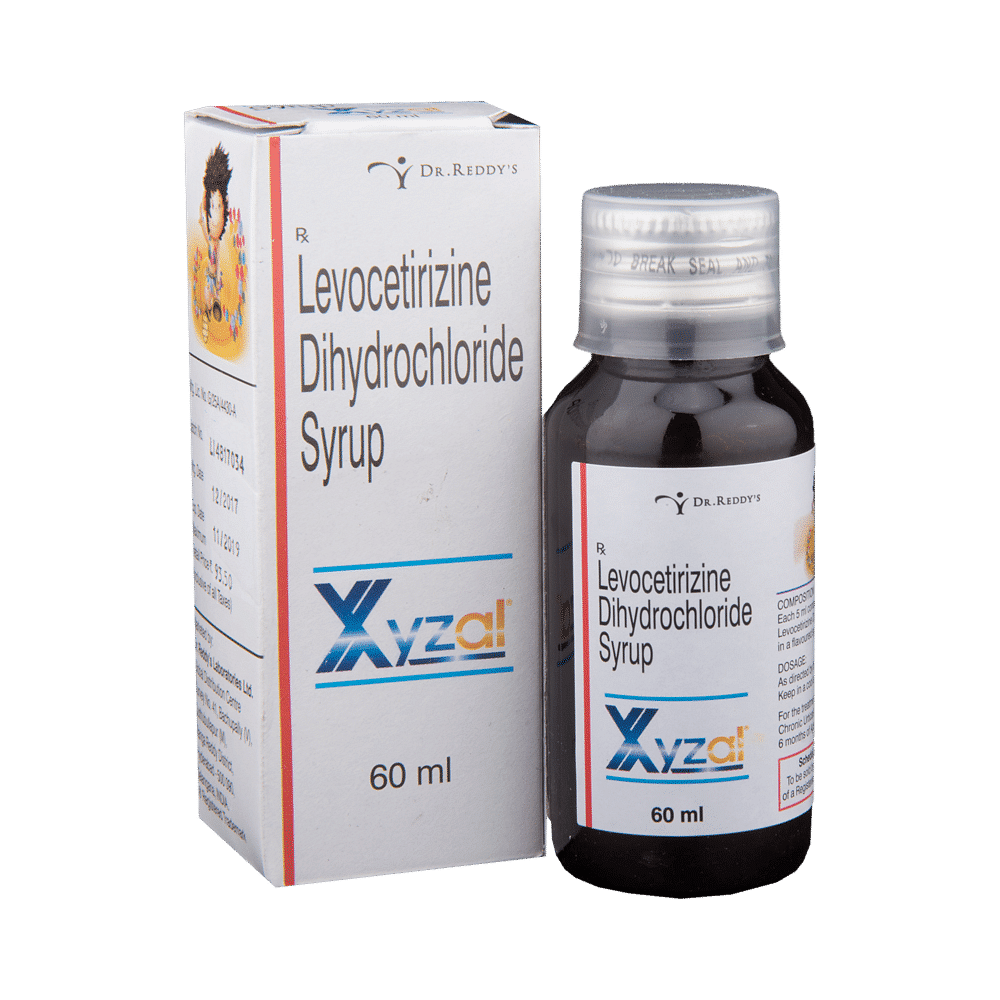
Xyzal Syrup
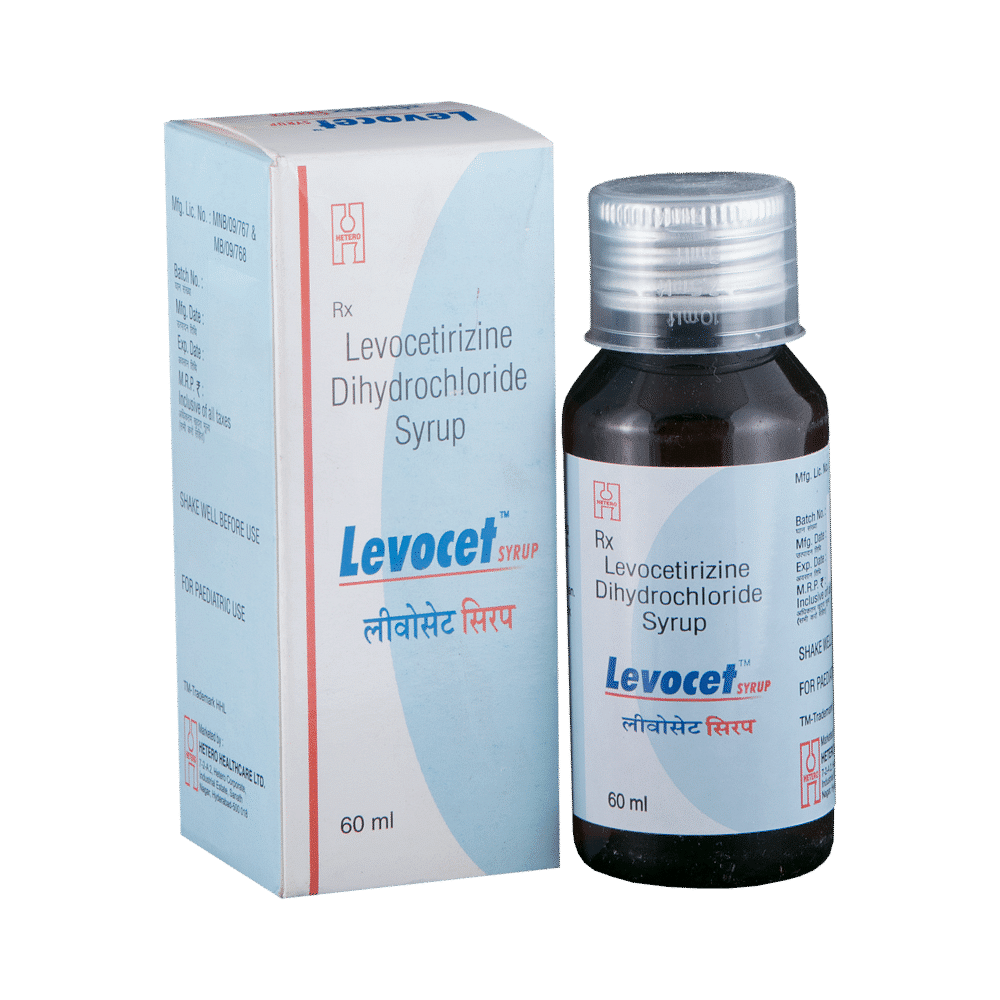
Levocet Syrup
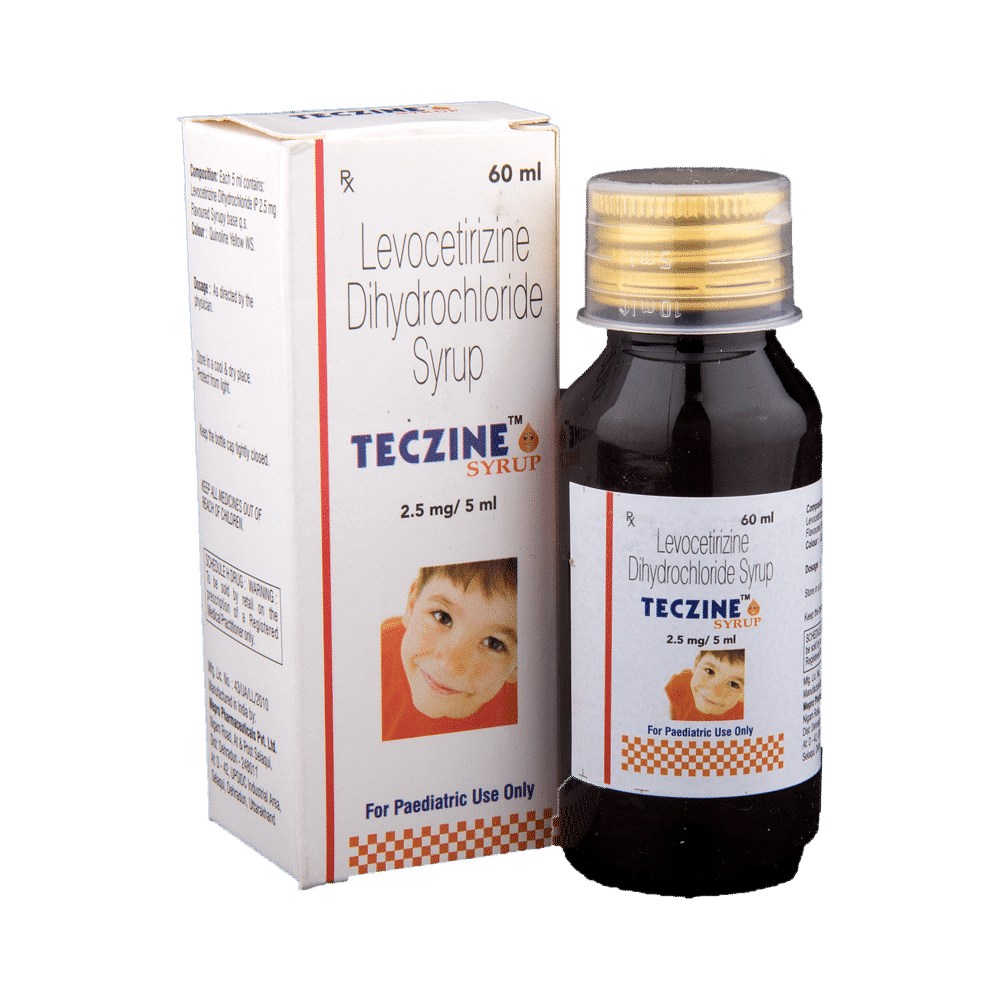
Teczine Syrup
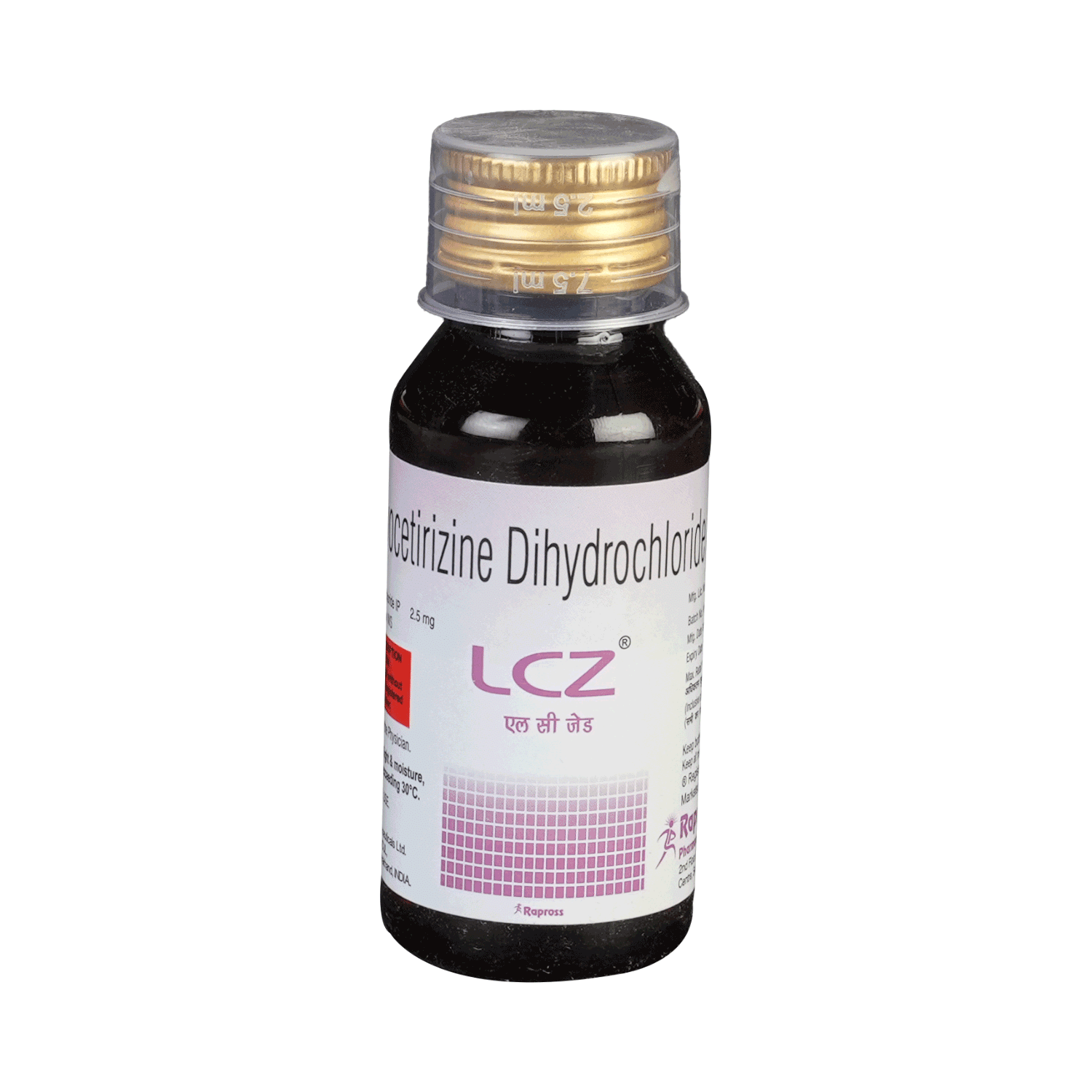
LCZ Syrup
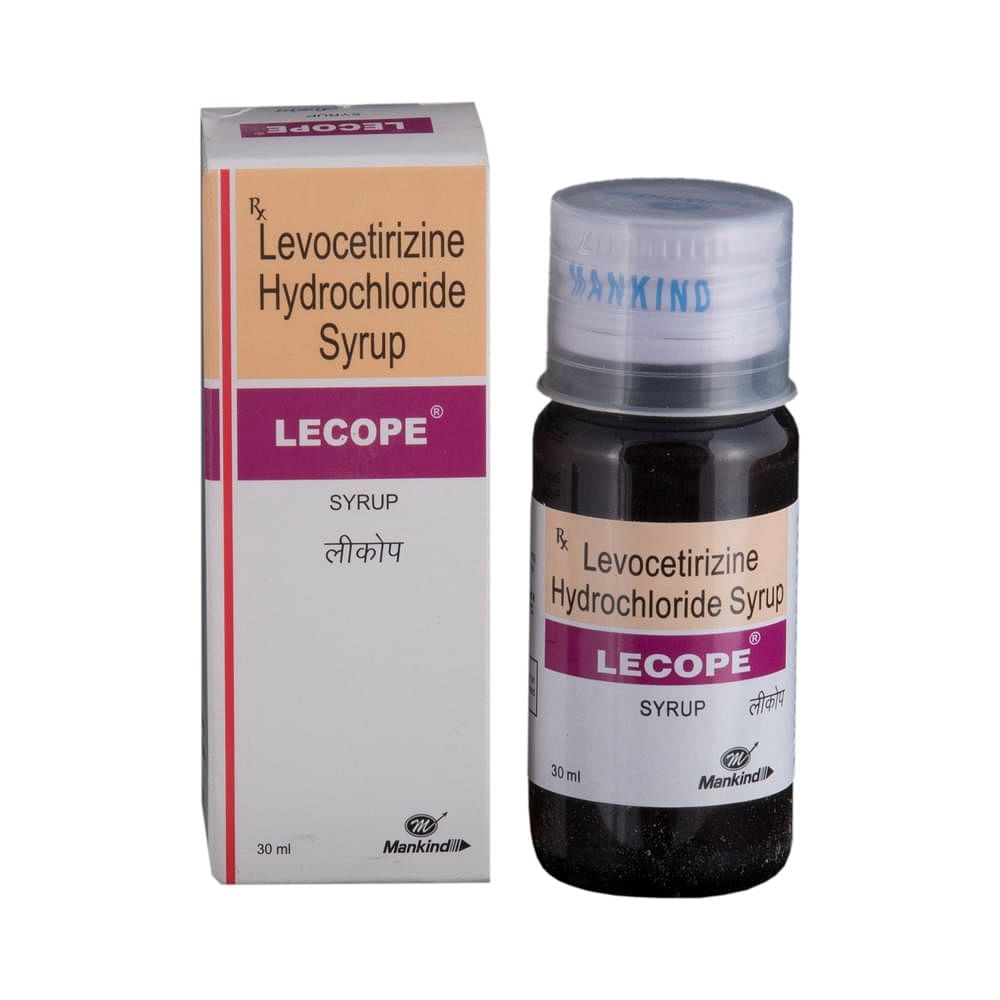
Lecope Syrup

Cianlevo 2.5mg Syrup

Levocetrizen 2.5mg Syrup

Ifcetri-L Syrup
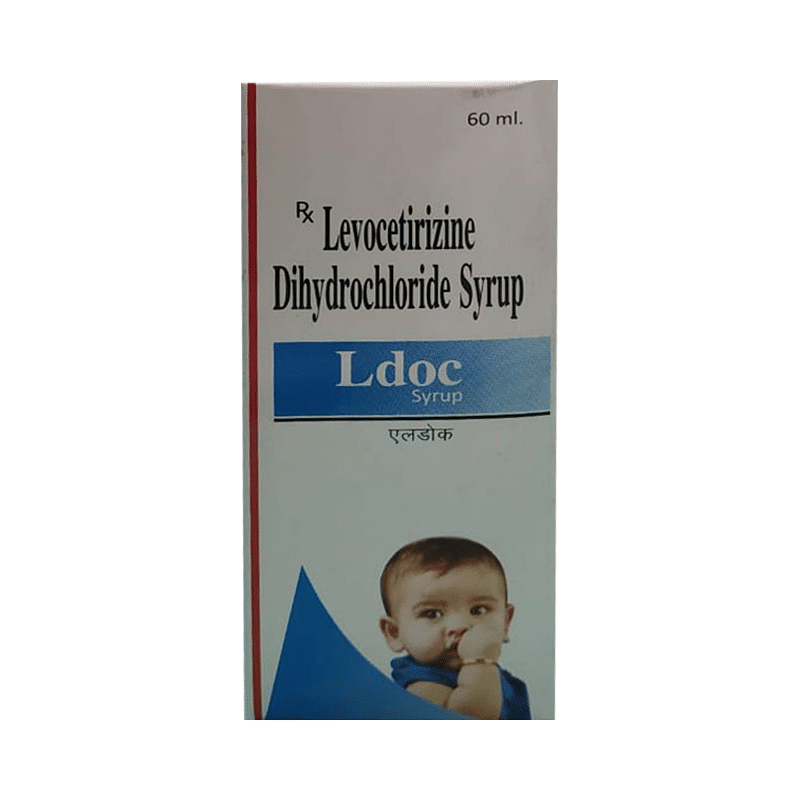
Ldoc Syrup

Alexcet L 2.5mg Syrup
Frequently asked questions
My child is restless and unable to sleep properly at night. Can I give Leet Syrup?
No, while this medicine may cause drowsiness as a side effect, it should not be used to induce sleep in children. Consult your child's doctor if your child has trouble sleeping, as there may be an underlying condition.
Can other medicines be given at the same time as Leet Syrup?
Leet Syrup can sometimes interact with other medications or substances. Tell your doctor about any other medications your child is taking before starting Leet Syrup. It's also important to consult your doctor before giving any medicine to your child.
How much Leet Syrup should I give to my child?
Leet Syrup dosage must be determined by your child's doctor based on their weight and age. Never exceed the prescribed dose or adjust it on your own, as this could worsen the condition.
What if I give too much of Leet Syrup by mistake?
While Leet Syrup is generally safe for children, an overdose can lead to serious side effects like seizures, hallucinations, rapid heartbeat, irritability, slow breathing, coma.
How should Leet Syrup be stored?
Store Leet Syrup at room temperature in a dry place away from direct heat and light. Keep all medicines out of reach and sight of children to prevent accidental ingestion.
When do I need to call my child's doctor right away?
Consult your child's doctor at every step, especially if there are any concerns. However, seek immediate medical attention in case of serious side effects such as allergic reactions (facial swelling, trouble breathing), signs of liver problems (dark urine, yellow eyes or skin), excessive sleepiness, rapid heartbeat, hallucinations, confusion or hyperactivity, trouble urinating, irritability, and vision changes.


